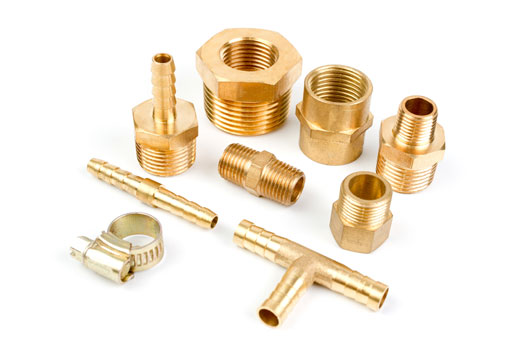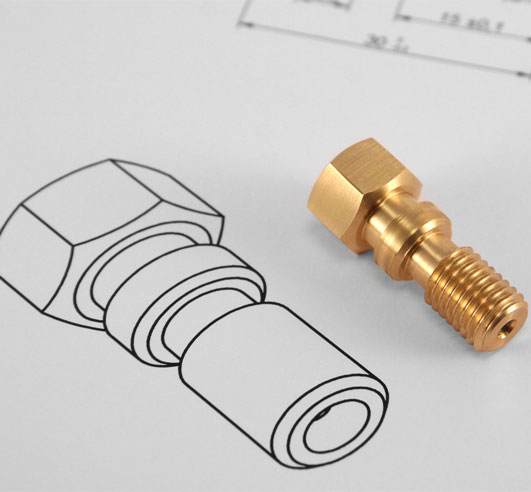Brass is a go-to material for many machining projects. Its unique properties, such as good machinability, excellent thermal conductivity, and brilliant aesthetics, make it a darling of many machining enthusiasts.
A crucial part in any machining project is the CNC process. CNC or Computer Numerical Control is a technology where computers control the tools' actions. This post will guide you through the use of CNC for brass and how to harness its full potential.
Understanding Brass: Metal With Many Faces
Brining a bit of metallurgy into the picture, brass is a metal alloy made primarily of copper and zinc. Its properties often depend on the ratio of these two metals. For instance, a high percentage of copper results in easier machining but reduces the hardness and strength.
Brass Machining: The Balancing Act
Machining brass can sometimes be a delicate balancing act, due to the different characteristics of the material. Brass is known for its softness and malleability, but these qualities can also make it somewhat difficult to work with on a CNC machine.
To harness the full potential of brass, it's essential to optimize CNC processes and procedures. Good practices to follow include maintaining a consistent chip load, keeping the materials cool during machining, adjusting spindle speeds and feed rates, and using the right end mills for brass.
CNC for Brass: The Power of Precision
Requesting CNC for brass machining has a plethora of advantages. CNC machines are incredibly accurate which allows for precision and attention to detail that is nearly impossible with other techniques. This precision is especially beneficial when creating components that need an exact fit or when consistency is required across several pieces.
Tools and Techniques: Key to Mastering CNC Brass Machining
A significant part of machining with CNC is picking the right tool for the job. For brass, these typically include carbide cutters due to their resistance to wear and ability to perform at high speeds.
The techniques you use when machining brass on a CNC machine can profoundly impact the end result. Brass is known to be gummy, meaning it has a tendency to stick to the tool and create a poor finish. To combat this, using a technique known as 'chip thinning' can be incredibly helpful.
Tempus Fugit: Prioritizing Speed in Brass Machining
CNC machines allow for quick, precise, and repeatable operations that make it an ideal choice for brass machining projects. Adapting the speed and feed rates based on the type and size of the brass involved can have a significant impact on the final product.
The Bold and Brass-tiful: Unleashing Creativity with CNC Machines
Finally, brass machining with CNC machines gives you room to get creative. Whether you're crafting jewelry, making bespoke musical instruments, or even developing complex cog pieces for a mechanical watch, the versatility and nuance of brass paired with the precision of CNC machining leaves a world of possibilities wide open.
While the path to mastering CNC brass machining is paved with challenges, the end results are worth the journey. And remember, there's no better teacher than experience.
Thus, the journey with a CNC machine and brass takes a deep dive into the world of precision, creativity and possibilities. This dance between a versatile metal and a precise tool is a testament to human ingenuity and the boundless possibilities of creation. Let's keep exploring, experimenting and machining!
cnc for brass







